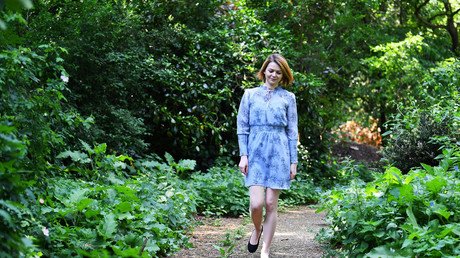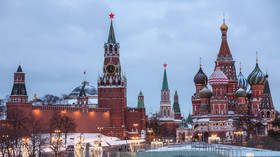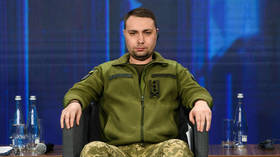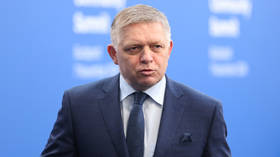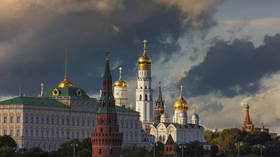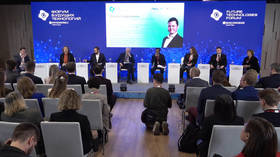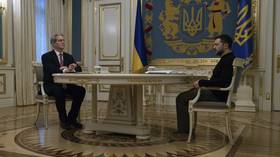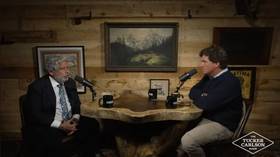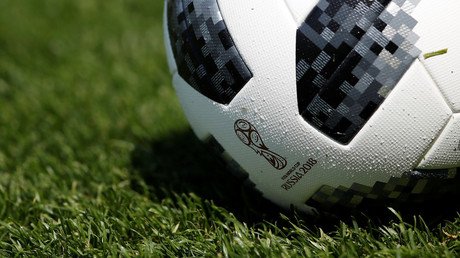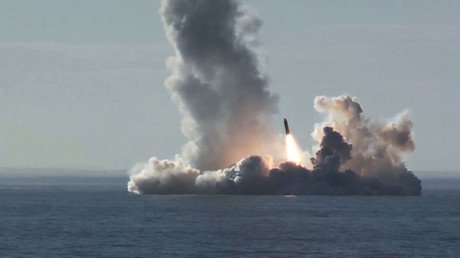Russian diplomats must be allowed access to Yulia Skripal to know she’s not held forcibly – embassy
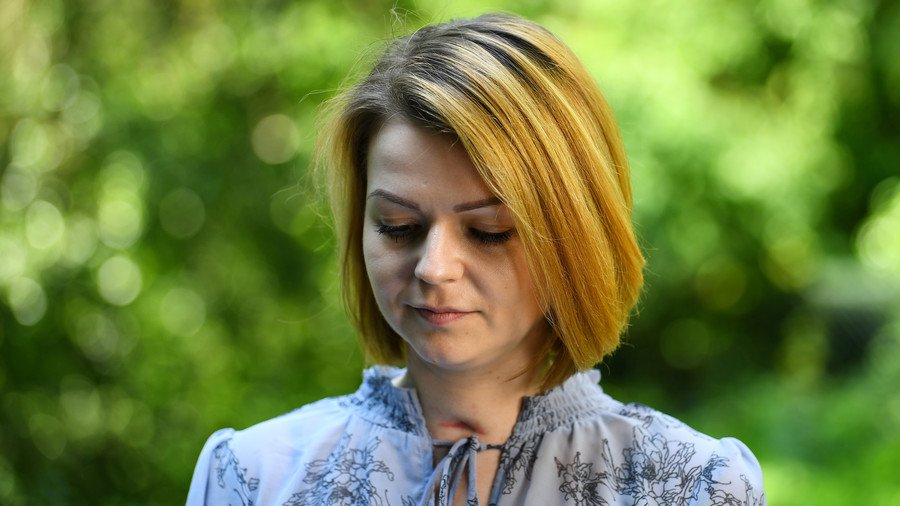
Russia’s Embassy urged London to give direct access to Yulia Skripal after the release of her first interview since the Salisbury attack, since there are doubts that she has been held against her will or forced to make statements.
“We are glad to have seen Yulia Skripal alive and well,” the Russian Embassy in the UK said in a statement. “However, the video shown only strengthens our concerns as to the conditions in which she is being held.”
While the release of Yulia’s interview is most welcome, it “does not discharge the UK authorities from their obligations under Consular Conventions,” Russia’s Embassy reminded.
“The UK is obliged to give us the opportunity to speak to Yulia directly in order to make sure that she is not held against her own will and is not speaking under pressure. So far, we have every reason to suspect the opposite,” the statement reads.
Yulia’s speech during the interview and the written statements in Russian and English she signed have raised multiple questions with Russian diplomats.
“Judging by quite a few elements, the text was a translation from English and had been initially written by a native English-speaker,” the embassy said. “The handwritten letters signed by Yulia in Russian and English confirm this impression.”
In her first video appearance since the attack, Skripal said she was “grateful” for the offers of assistance from the Russian Embassy, “but at the moment I do not wish to avail myself of their services.” She gave a written and video statement to Reuters from an undisclosed location in UK where she says she's recovering after 20 days in coma following the attack.
The Russian Embassy has not been alone in its suspicions that Skripal could have given her interview under duress. The same impression has been shared by many on Twitter, including security analyst and former UK counterterrorism intelligence officer Charles Shoebridge.
The statement of Yulia #Skripal may be entirely genuine. But if such similarly rehearsed words had been said in a similar way by a UK citizen in the ‘protective custody’ of #Russia, US UK govts & media would very quickly claim they’d been said under duresspic.twitter.com/ekmCNwbCMn
— Charles Shoebridge (@ShoebridgeC) May 23, 2018
This is a hostage video. https://t.co/vxSjrsdODw
— Club des Cordeliers (@cordeliers) May 23, 2018
Others pointed to the apparent discrepancy between the UK’s claims that Russia sought to assassinate the Skripals and Yulia’s wish to return to Russia.
So Yulia Skripal wants to return to Russia, she does not sound like she is scared to return to the country that supposedly tried to kill her.
— Dave Farrar #UTA (@broncoskolar) May 23, 2018
Russian spy poisoning: Yulia Skripal hopes to return to Russia.Why?
— Nicholas Walker Ph.D (@Nicknackwalker) May 23, 2018
Yulia Skripal said she wants to go home to Russia, now that she has fully recovered from the deadliest nerve agent known to man. Theresa May insisted the Russian state tried to assassinate her & Sergei. Something doesn’t add up! pic.twitter.com/MjkW4cifU7
— ГЯЏԐ LДЪФЦЯ©️ (@tedtully) May 23, 2018
"I still find it difficult to come to terms with the fact that both of us were attacked. We are so lucky to have both survived this attempted assassination. Our recovery has been slow and extremely painful,” she said. "The fact that a nerve agent was used to do this is shocking. I don't want to describe the details but the clinical treatment was invasive, painful and depressing.”
Skripal said that the ordeal had turned her life “upside down,” both “physically and emotionally.” She added that she was now focused on helping her father to make a full recovery, and that “in the long term I hope to return home to my country.”
Like this story? Share it with a friend!
